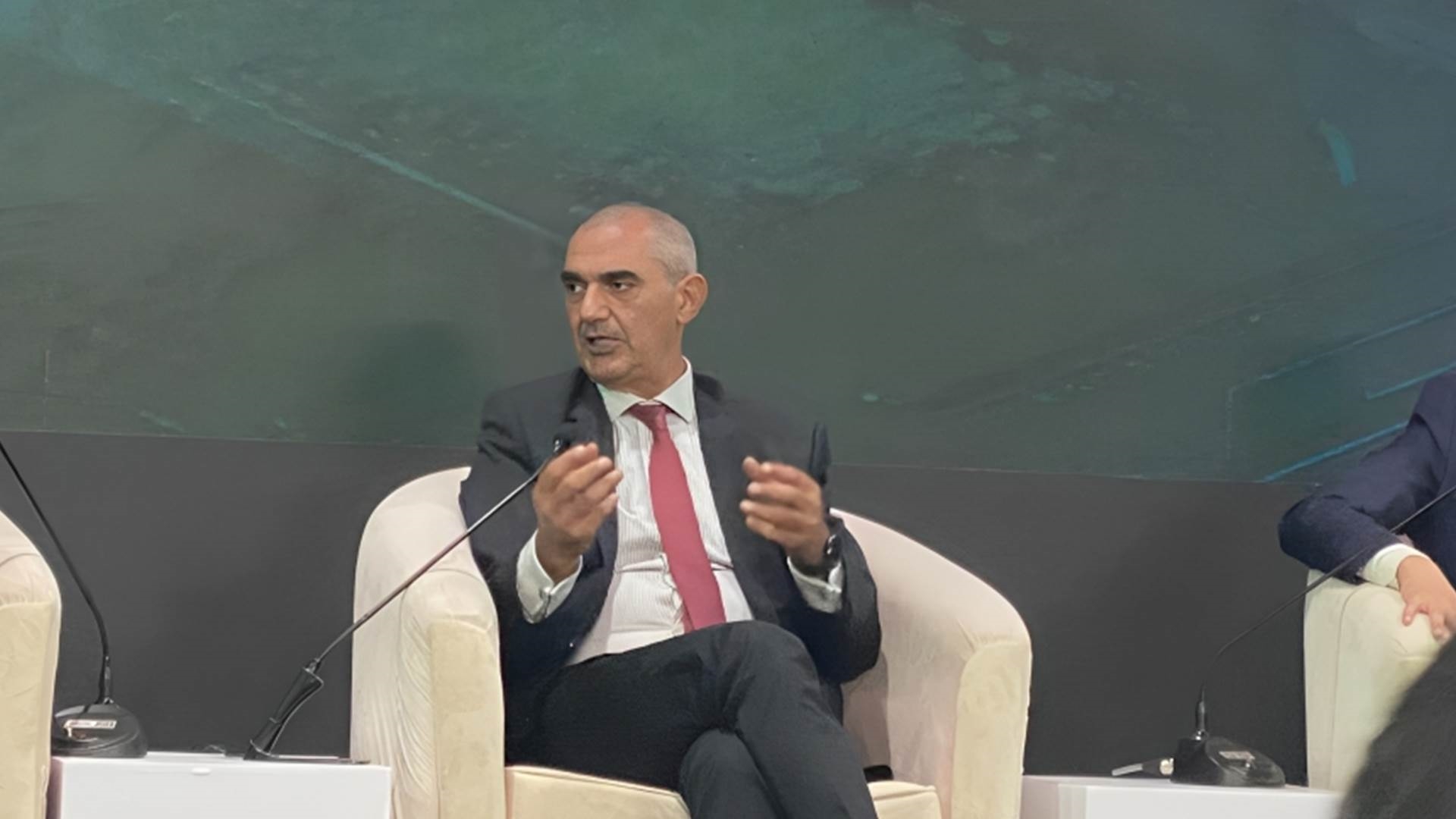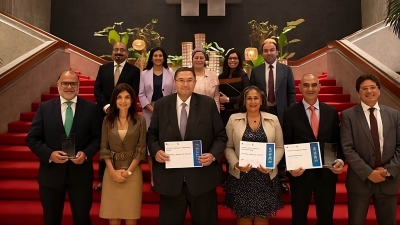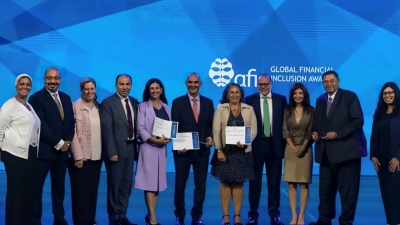CBE Unveils National Financial Literacy Strategy for Robust Financial Inclusion and Digital Advancements
First Bank

Khaled Bassiouny, the General Director of Financial Inclusion at the Central Bank of Egypt, announced the completion of drafting the National Financial Literacy Strategy.
It was prepared under the government program in partnership with the Qatari program of the Organization for Economic Cooperation and Development (OECD), following collaboration with relevant state entities.
Bassiouny, speaking at a discussion session during the PAFIX Electronic Payments and Financial Inclusion Exhibition and Conference, highlighted the upcoming launch of the strategy.
Egypt has surpassed many countries in financial inclusion, achieving a growth rate of over 160% by June 2023 compared to 2014, reaching a financial inclusion rate of 67.3%.
He emphasized the Central Bank’s role in achieving financial inclusion through the 2022-2025 Financial Inclusion Strategy, focusing on financial education and consumer protection.
The strategy aims to spread financial culture, awareness, and enhance citizens’ ability to make sound financial decisions.
Khaled Bassiouny outlined 3 main pillars for financial education: educating citizens to increase awareness, building capacities of financial service providers, and enhancing policymaker capabilities for effective financial inclusion policies. Financial inclusion is crucial for poverty reduction and economic growth, enabling financial services for all society segments.
Digital financial services play a pivotal role, offering cost-effectiveness, accessibility, and rapid dissemination. Financial education is integrated into national projects, such as Decent life, targeting marginalized citizens.
Basyuni stressed the importance of measuring the impact of financial education on financial inclusion, citing initiatives like Decent life and digital savings and lending groups.
The Central Bank of Egypt employs an integrated approach to implement financial education projects, ensuring their effectiveness and sustainability.
Financial education is a key component of economic and social development initiatives, with the banking sector actively participating in awareness campaigns and providing diverse financial products and services.
Efforts include digitizing transactions for microfinance projects, transitioning from cash to non-cash payments, and training beneficiaries and merchants.
Banks also support merchants in receiving digital payments, aligning with the law regulating non-cash payment methods.
In July 2021, a project was initiated to digitize transactions for microfinance project clients, involving 30 entities.
The aim is to shift towards a society less reliant on cash, adhering to the regulation of non-cash payments law. Banks provide products for merchants to enable digital payments, accompanied by training for beneficiaries and merchants on their usage.













